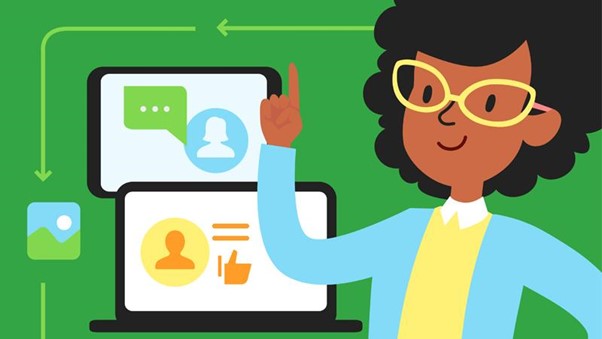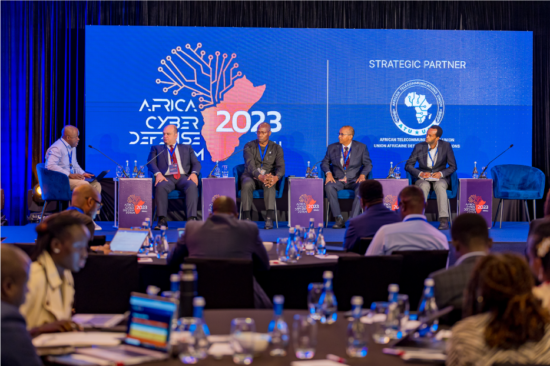
Ghana is fully committed to digital transformation. To adapt its education system to the challenges of digital technology, Ghana will soon launch a virtual school with fully online teaching. According to the Minister of Education, Dr Yaw Adutwum, the initial aim is to create a fully online secondary education system. The virtual school will have instructions and resources to make learning and teaching effective. It will be the first fully online secondary school, allowing students to enrol for courses and even complete the entire syllabus.
According to the authorities, the platforms will allow students to complete their courses, attend lectures, interact with teachers and peers, and submit assignments in a virtual environment. "The traditional bricks-and-mortar classroom will be replaced by a digital interface that brings education directly to students through their computers or devices," the ministry said. Another major benefit is that virtual high schools provide an answer to the challenge of accessibility, making learning available to students who do not have access to traditional education. And the Ghanaian government is not stopping there. It will soon roll out two programs, one called Learning Passport, which will provide young learners with online and offline courses with teacher follow-up. The second, called Learning Passport, offers young learners the chance to develop problem-solving and literacy skills through games, and the freedom to explore and solve very difficult problems facing society and the world.
600 million in need of professional integration by 2030, for just 740 universities across the continent

For Minister Dr Yaw Adutwum, the time has come for African countries to take full advantage of digital advances to address the challenges facing the continent. He cited the examples of Rwanda, Kenya and Côte d'Ivoire, which already offer "virtual education". By 2030, there will be more than 600 million young Africans in need of professional integration for only 740 universities across the continent. Hence the interest in online education systems across Africa.
Internet uptake in Ghana increased by nearly 9-fold over the past decade.

Even in Ghana, where digital technology is transforming society. Internet uptake in Ghana has increased almost 9-fold in the last decade. This is largely due to the expansion of 3G and 4G mobile networks. Use is particularly high (80%) among young people (aged 15 to 29). Hence the proliferation of online services targeted at this age group.
To ensure it has sufficient human resources to support the digitization of education, Ghana has launched a program to train 100,000 teachers in digital skills. The program targets pre-university teachers in the north. The first phase involved training about a hundred trainers who were brought up to date with the latest teaching techniques.
Similarly, to take full advantage of the digital economy, Ghana has embarked on the digitization of its government services. This is what the digital skills training program is all about. With a total budget of $1.2 million, it targets civil servants and public sector workers




